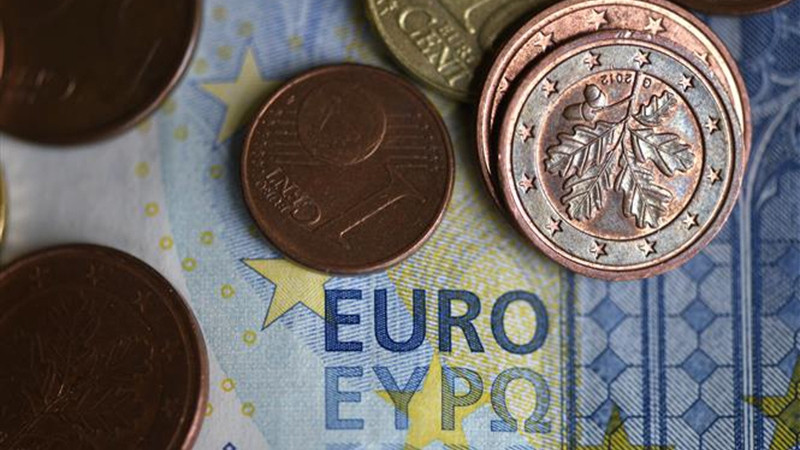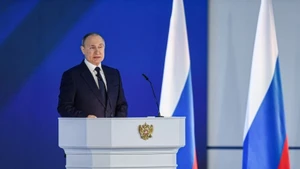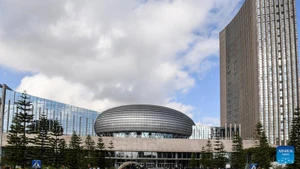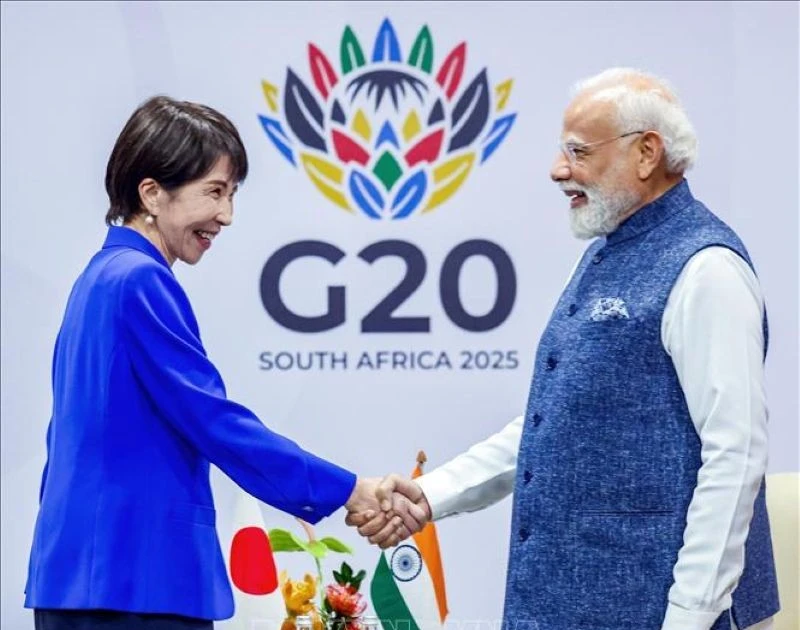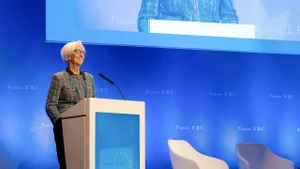Experts at the Dutch bank Rabobank recently stated that economic slowdown throughout the Eurozone in the early months of 2022 will give way to recovery in the second quarter thanks to the less-than-expected impact of the Omicron variant and the relaxation of strict curbs. In the meantime, the IMF has predicted that the Eurozone’s economic growth will reach 3.9% in 2022.
However, rising inflation, soaring energy prices and supply chain disruptions are becoming instability factors that could hinder Europe’s economic growth. According to the IMF, limited supply restrained the European economy in 2021 and the situation could extend until 2023. The financial institution said that if it had not been for restrictions to prevent the spread of COVID-19, Europe’s economic growth could have been increased by two percentage points last year, equivalent to a year of moderate growth in many European countries prior to the onset of the pandemic.
Supply chain disruptions, shortages of materials and goods and soaring oil prices have led to strong inflation in Europe. In the Eurozone, inflation surged to 5.1%, the highest since 1997 and inflationary pressure continues to weigh on many economies within the region. Germany’s new central bank governor has warned that inflation in the country will top 4% in 2022. Besides pressure on governments, inflation is also mounting pressure on the European Central Bank (ECB) to tighten monetary policy and coordinate macroeconomic policies, in hopes of reviving the economy.
Analysts said that the ECB is now in a difficult position to implement policies which simultaneously resolve various issues and ensure the common interest of EU member countries. It is a reason behind the ECB President’s recent statement that the ECB’s Governing Council will carefully look at its new growth and inflation forecasts in March before taking the next steps. In the meantime, EU member countries are considering their own policies to rein in inflation.
